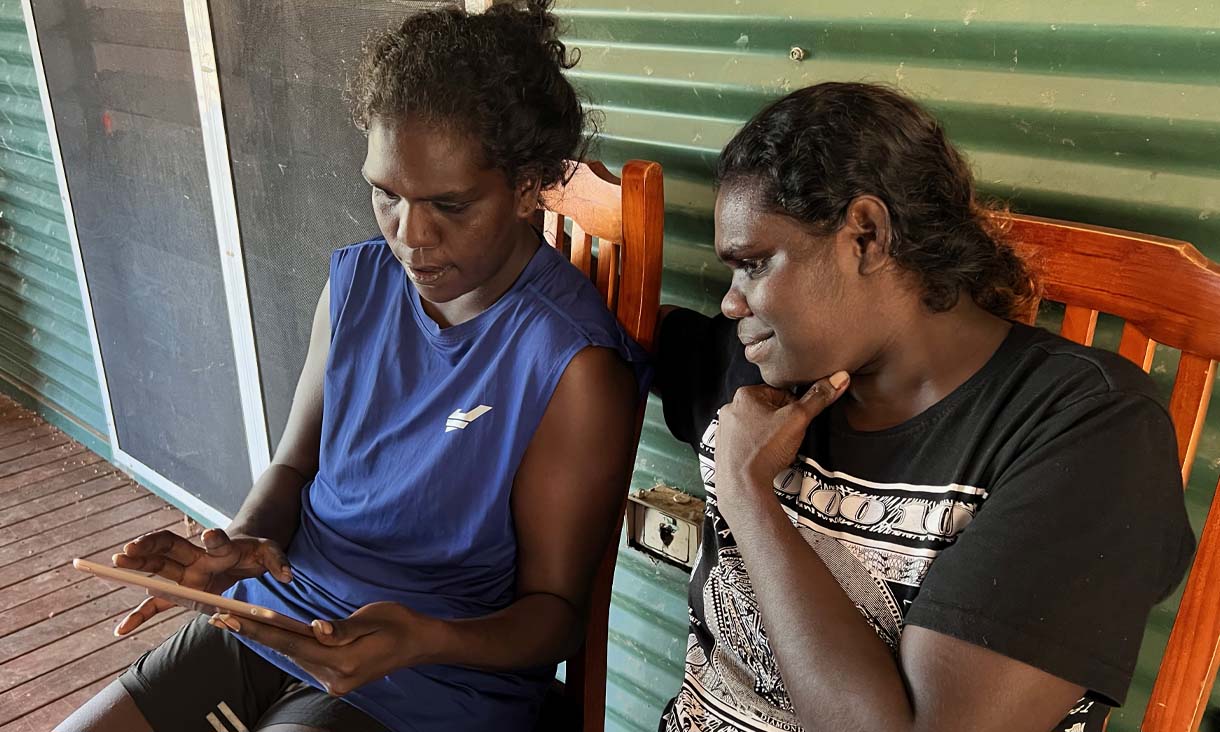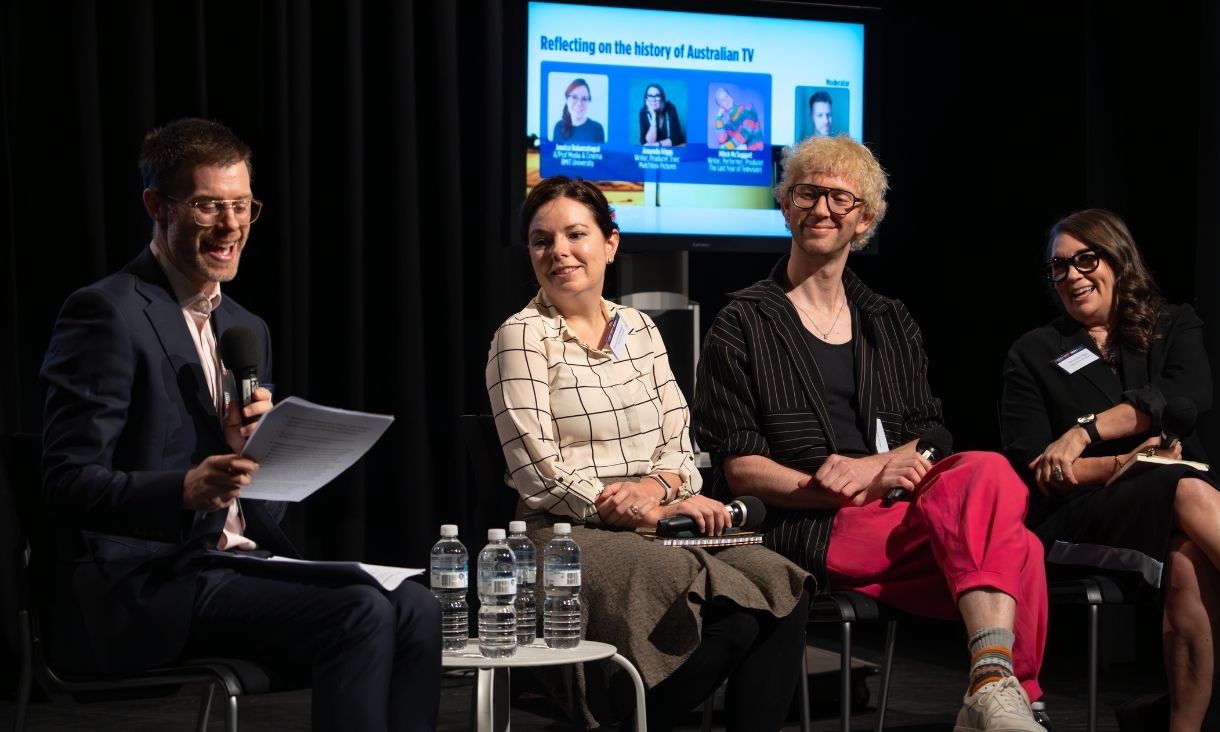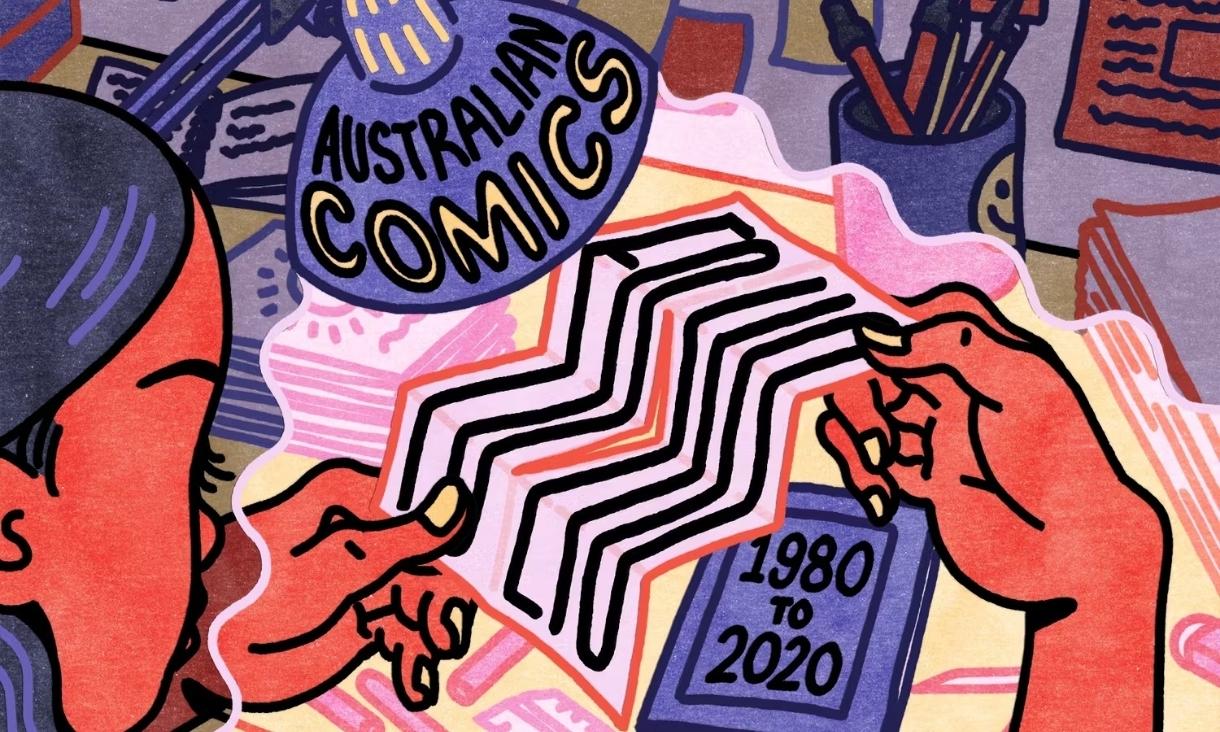The day Dr Dennis John Sumaylo saw an RMIT campus sign that read ‘Why study problems when you can solve them?’, he was sure he was in the right place.
The recent PhD graduate in Communication Studies said that message went on to encapsulate the value of his experience at RMIT between 2017 and 2022.
“It told me that to study at RMIT is not just to study, but to apply what you learn to real life,” he said.
Sumaylo already had significant experience teaching communications at the University of Philippines Mindanao and is now the first person to complete a PhD under RMIT’s partnership with the Philippines Commission on Higher Education (CHED).
After learning about RMIT at a conference, Sumaylo was drawn to the university’s unique industry-focused research.
“My background in development communication means I’m always after the applicability of what I’ve learnt and how people can benefit from the concepts academics talk about in day-to-day life,” he said.
Sumaylo’s dissertation, ‘Pre-disaster communication and engagement in isolated communities: Power, relationships, and experiences in the Philippines’ is an attempt to improve communication between government and marginalised communities about disaster risks and responses.
Initially, Sumaylo had wanted to study how technology aids in disaster and risk communication but pivoted after seeing the difficulty geographically isolated or marginalised communities had accessing this technology in times of need.
“Often, the experiences of these isolated communities are neglected because their populations are so small, leading to misrepresentation in government decisions,” he said.
“I wanted to use my thesis to give a voice to these people so that their experiences in disaster and risk communication can be taken into consideration in future planning.”
Sumaylo spent six months conducting field work in the Philippines, half that time in a community in the mountains, the other half with an island community that had no electricity or modern forms of communication.
He is now focusing on ways to apply the recommendations from his dissertation to the way these communities receive their disaster and risk communication.
“In return for allowing me to do my field work in these communities, I’m already talking to local government about ways to engage with people and keep them informed,” he said.
One recommendation from Sumaylo’s dissertation revolves around the gamification of disaster and risk communication in order to educate these communities while keeping them engaged.
“I’m planning to create a start-up to focus on designing offline games as educational tools to address the needs of these communities,” he said.
“I already have prototypes for some of these games, and I’m now seeking funding for this social enterprise.”
Sumaylo spent a large proportion of his time in Melbourne during the global pandemic and experienced the challenges of studying in lockdown.
His experience with the isolated communities of the Philippines meant that he was well-versed in helping those of his own community in Melbourne who may have felt isolated and in need of support.
This sense of service Sumaylo felt to his community led him to being elected President of the Filipino-Australian Student Council of Victoria (FASTCO).







